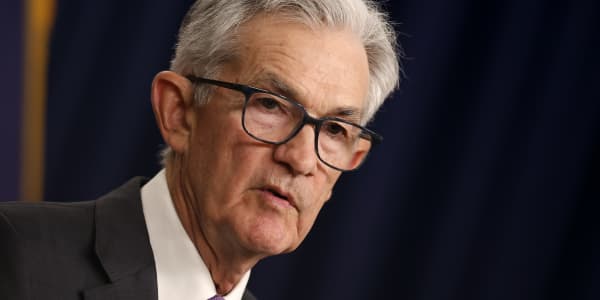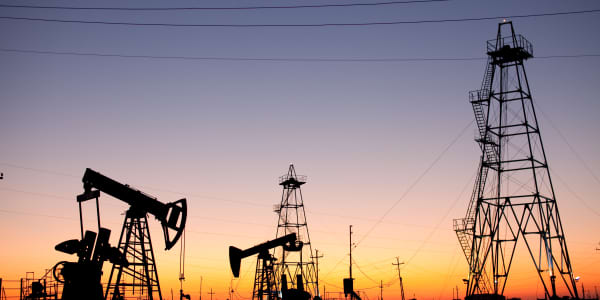This report is from today's CNBC Daily Open, our new, international markets newsletter. CNBC Daily Open brings investors up to speed on everything they need to know, no matter where they are. Like what you see? You can subscribe here.
What you need to know today
Happy Thanksgiving
Markets in Asia were mixed on Friday, with Japan's Nikkei 225 climbing nearly 1% on its return from a public holiday. Hong Kong's Hang Seng Index appears set to finish the week on a weaker note, down more than 1%, while the CSI 300 index of the largest blue chip names listed in mainland China slipped 0.5%. U.S. markets were shut Thursday for the Thanksgiving holiday and will resume trading for the first half of Friday.
Crypto hack
Two cryptocurrency platforms linked to high-profile digital entrepreneur Justin Sun were hacked, with an estimated $115 million likely to have been stolen to date. The targeted projects include the HTX digital currency exchange, formerly known as Huobi, from which hackers drained around $30 million worth of cryptocurrencies, the company said in a statement on Wednesday. So-called blockchain bridge Heco Chain was also attacked, HTX confirmed.
Tighter regulations
Singapore will introduce tighter rules for cryptocurrency service providers. The measures will include barring crypto service providers in Singapore from accepting locally issued credit card payments, offering incentives to trade in cryptocurrencies and providing financing, margin or leverage transactions for retail customers. The finalized measures will take effect in phases starting in mid-2024, the Monetary Authority of Singapore.
Gaza in ruins
War-battered Gaza's already fragile economy lies in ruins, much like its buildings, following more than a month of bombings by Israel after Hamas militants attacked the country in October. Even before the war, most Gazans had limited access to affordable, nutritious provisions and were deemed food insecure, according to the United Nations World Food Program, but the situation has now turned dire. The United Nations Development Program has forecast that Gaza's development would be set back by 16 to 19 years in its assessment based on economic, health and educational indicators.
[PRO] Goldman touts its global growth basket
European growth stocks haven't been doing as well as their U.S. peers this year. Growth stocks in the region have underperformed value stocks by 13% since the start of the rate-hiking cycle in 2022, according to Goldman Sachs in a Nov. 20 report. But the investment bank expects that to change soon.
The bottom line
The 23-nation OPEC alliance of oil producers has delayed its next meeting by four days to Nov. 30, which means it will coincide with the start of this year's United Nations Climate Change Conference (COP28), hosted by OPEC member the United Arab Emirates in Dubai.
OPEC will hold its meeting online to avoid creating travel issues for its energy ministers.
Bloomberg reported the delay is due to a rift between Saudi Arabia and some African nations over output quotas to arrest falling oil prices — which may yet linger if there is a lack of agreement and compliance among cartel members. No reason was officially provided for the delay.
Ahead of the COP28 meeting, the head of the International Energy Agency said oil and gas companies need to invest more in clean energy.
"The industry needs to commit to genuinely helping the world meet its energy needs and climate goals – which means letting go of the illusion that implausibly large amounts of carbon capture are the solution," IEA Executive Director Fatih Birol said in a statement ahead of the United Nations Climate Change Conference in Dubai next week.
The technology captures carbon dioxide from industrial operations before emissions enter the atmosphere, and stores it underground. Excessive reliance on this technology has been blamed for the chronic underinvestment in clean energy by oil and gas companies.
Unless the energy companies do a course correction, dreams of transiting to a global economy with net zero carbon emissions by 2050 will remain just that — pipe dreams.
— CNBC's Spencer Kimball contributed to this report.






